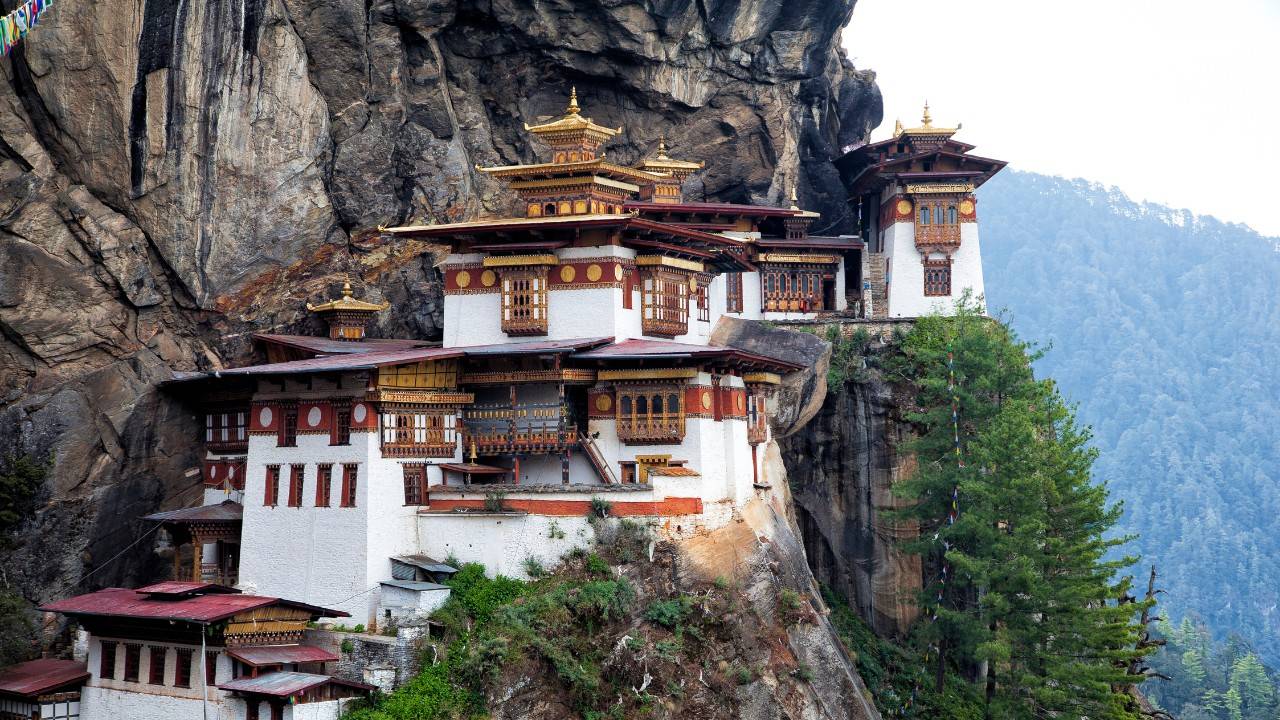Tshering Tobgay’s TED Talk is possibly one of the most outstanding contributions from one of the smallest countries on earth.
In this talk, Tshering highlights a few reasons why Bhutan has become the only country on earth that produces less CO2 than it’s able to absorb.
Is that even remotely possible?
That’s what I thought too.
But the three contributing factors start with a constitution that puts human happiness and the environment first.
In Bhutan, Gross National Happiness (GNH) is more important than Gross National Product (GNP). This means that public policies are driven by action that aims to improve GNH, making the country a happier place for all residents.
Then there is the constitutionally enforced amount of land under tree cover. This has to be a minimum of 60%, but right now, it exceeds 70%.
All those trees absorb millions of tons of CO2 each year. In fact, the trees alone absorb many more times CO2 than the country produces, which means it’s a so-called carbon sink.
And the third driving factor is the country’s focus on taking advantage of hydro-power from fast-flowing rivers.
This electricity is exported, which further drives down carbon emissions in countries like India and China, where fossil fuel power plants are still the norm.
By the time Bhutan’s full plans are in place, it’s estimated that this tiny country of 700,000 people could be offsetting all the carbon emission produced in NY.
That would be some achievement.


